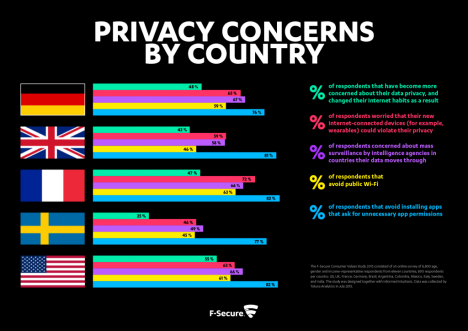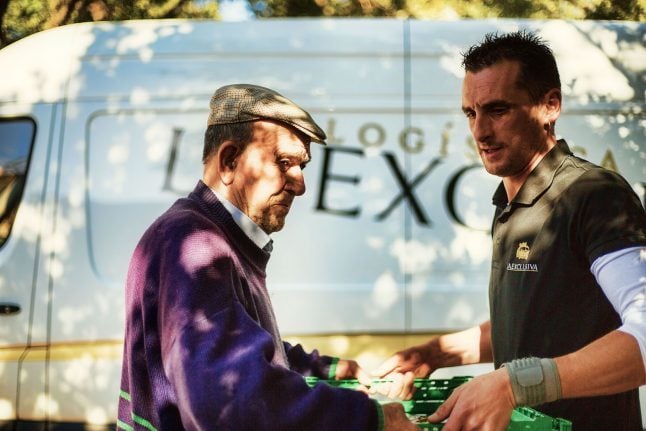
INTERNET
Swedes least worried about internet snooping
Swedes are less worried about government, police and corporations snooping on them over the internet than any of the other nationalities surveyed by the privacy company F-Secure.
Published: 31 January 2016 10:41 CET

Swedes have historically been trusting of their governments. Photo: Lena Granefelt/Image Bank Sweden
According to the survey, Only 25 percent of Swedes surveyed said they had changed their behaviour on the internet as a result of worries over data privacy.
This compared to 55 percent of respondents from the US, 48 percent from Germany, 47 percent from France and 43 percent from the UK.
“We have good privacy legislation in Sweden and people in Sweden probably think these privacy rules protect internet privacy as well, but this is a misconception,” Mikael Albrecht, a security expert with F-Secure, the company which commissioned the survey told The Local.
Swedes relaxed approach to privacy was seen in their responses to other questions. Only 31 percent of respondents from Sweden said that they knew where their personal data was stored online, compared with an average in the survey of 49 percent.
And only 46 percent of Swedish respondents said that they were worried about new Internet-connected devices leading to privacy violations, compared with the survey's average of 69 percent.
“Swedes perceive their country as safe and stable, especially when compared to countries like UK, USA and France, which have increased network surveillance aggressively,” Albrecht said in the press release.
“But while Sweden and many of the Nordic countries do enjoy relatively secure environments, this shouldn't translate into becoming overconfident that their personal data will stay private while being exchanged online.”

The F-Secure Consumer Values Study 2015 consisted of an online survey of 8,800 respondents from 11 countries, with 800 respondents in each of the US, UK, France, Germany, Brazil, Argentina, Colombia, Mexico, Italy, Sweden, and India respectively.
The study was designed together with Informed Intuitions, and the data was collected by Toluna Analytics.
Url copied to clipboard!



 Please whitelist us to continue reading.
Please whitelist us to continue reading.